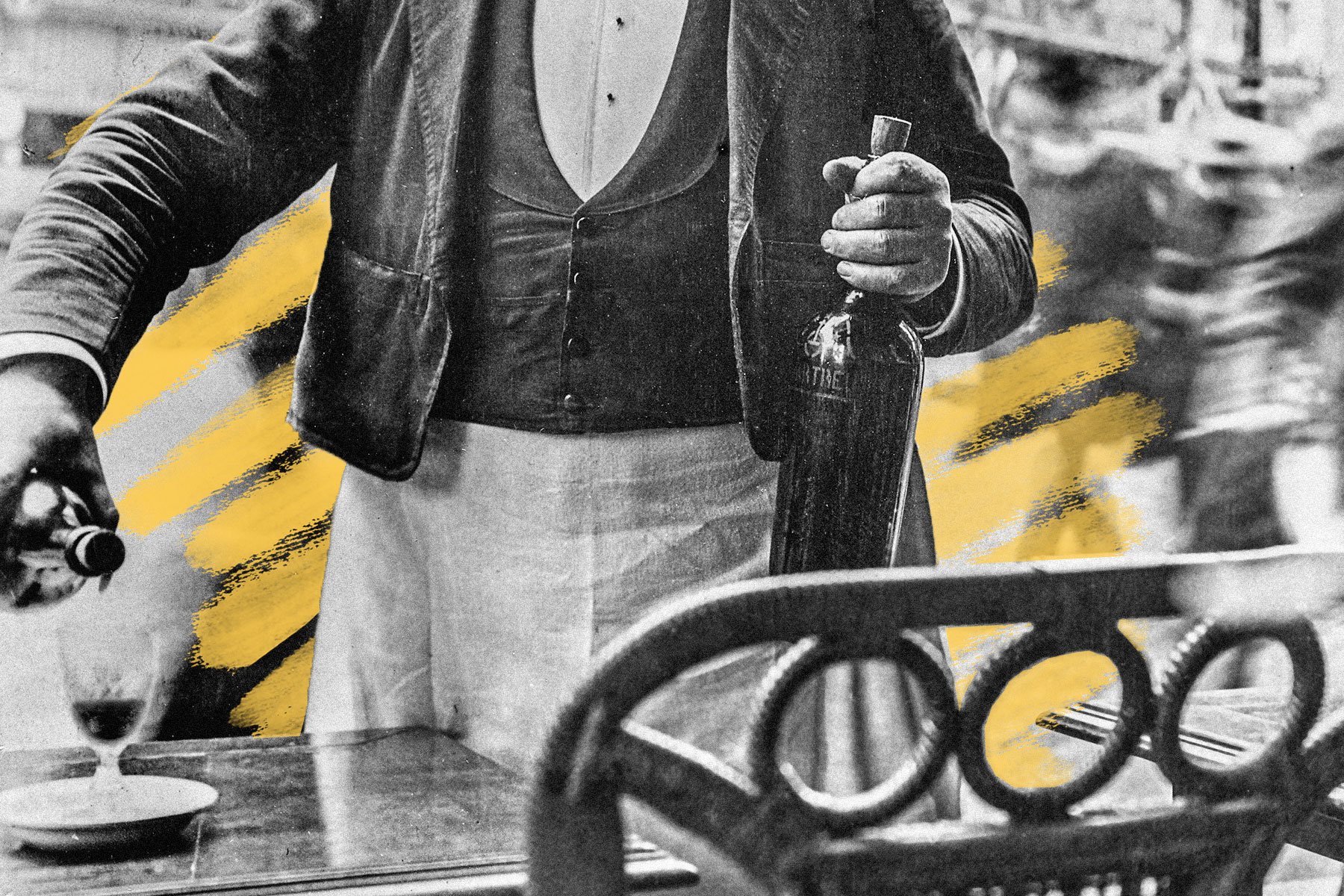French waiters once went on strike for the right to grow mustaches.
In 1907, one of the more unusual strikes in France’s history unfolded. Better wages and working conditions were at stake, as is often the case, but this strike was also about something unexpected: the right to grow a mustache. Mustaches were at their peak in early 20th-century Europe, and were even obligatory for policemen — an attempt to convey military-like masculinity and authority. Restaurant servers, however, were forced to be clean-shaven, a reminder of their “lower class” status. Behind closed doors, trade unions began organizing a strike for workers’ rights to autonomy over their facial hair. They were also fighting for one day off a week and their fair share of tips, which were often the only source of pay for servers. Surveys about dates and times were sent to the various unions and, after results were compiled, strike instructions were sent to union members. On April 17, 1907, at 6:30 p.m. sharp, waiters walked off the job.
Although the number of servers who took to the streets in protest is unclear, The New York Times estimated it at about 500 by late April. While the strike wasn’t without its critics, the waitstaff found solidarity in high places, including in Parliament. Socialist Deputy Antide Boyer — who, even before the strike, had proposed a bill that would make mustache bans illegal — told The New York Times the mustache rule was “grotesque and humiliating.” Boyer’s bill never actually passed, but the strike resolved quickly. After 16 days, the waiters returned to work. They did not get their desired one day off per week, but a fairer pay structure was in place — as were their mustaches.









